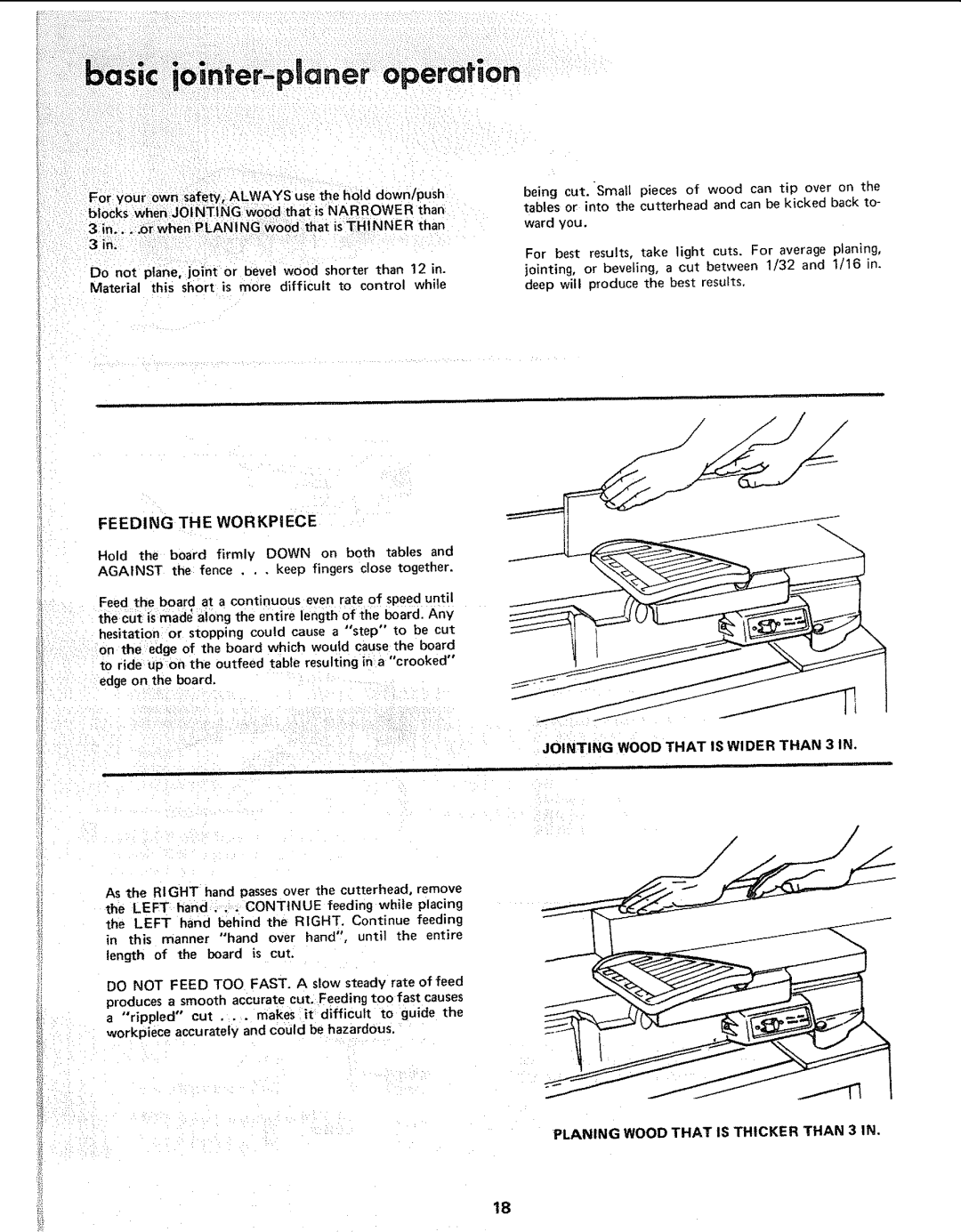113.20680, 113.206930 specifications
Sears 113.206930 and 113.20680 represent standout models within the lineage of traditional American retailing, showcasing the storied history of the brand while encapsulating modern retail characteristics. Located within the broad spectrum of Sears' extensive inventory, these models underscore innovation in both technology and customer engagement.One of the primary features of these Sears models is their signature blend of functionality with user-friendly design. Designed for a comprehensive shopping experience, they often reflect the fundamental shift in consumer behavior. With an emphasis on accessibility, these models were created to cater to a diverse demographic, ensuring that customers could find what they needed with minimal effort.
Among the technologies integrated into these models, a key highlight is their utilization of advanced inventory management systems. These systems are designed to streamline the purchasing process, ensuring that stock levels are effectively monitored and that popular items remain available. This technological innovation not only improves the shopping experience but also enhances the efficiency of store operations.
Additionally, the Sears 113 models are frequently equipped with the latest advancements in point-of-sale technology. With intuitive interfaces and robust operating systems, these models facilitate smoother transactions and quicker checkouts, which are crucial in maintaining customer satisfaction. The emphasis on quick service is particularly important given today’s fast-paced shopping culture.
In terms of characteristics, the Sears 113.206930 and 113.20680 exhibit a commitment to quality and durability. Constructed with materials that withstand heavy usage, these models are designed to offer longevity, aligning with the brand’s reputation for reliability. Furthermore, their aesthetic value reflects contemporary design trends, making them visually appealing additions to any retail space.
Customer interaction is another area where these models shine. They often feature integrated feedback systems, allowing customers to share their shopping experiences promptly. This commitment to customer input not only fosters loyalty but also ensures continuous improvement in service delivery.
Overall, the Sears 113.206930 and 113.20680 capture the essence of a brand that thrives on tradition while embracing innovation. These models serve as a testament to Sears' ability to adapt to changing retail landscapes, making them a vital part of the brand’s ongoing legacy in American retail.

